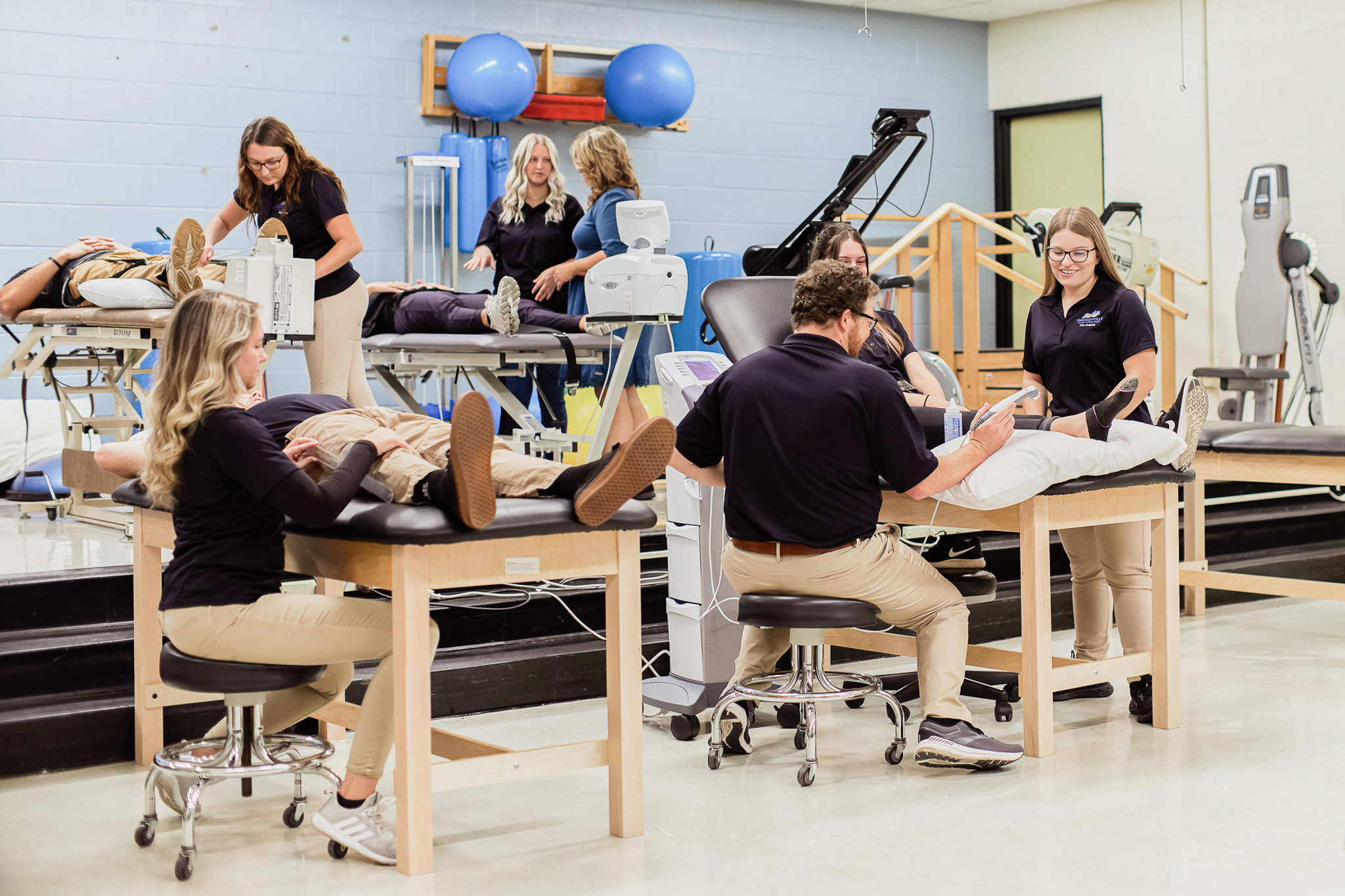Empowering Patients Via Psychosocial Assistance within Cardiovascular Recovery Initiatives.
Wiki Article
Cardiopulmonary rehabilitation programs are designed to help individuals with cardiac and pulmonary conditions improve their well-being and standard of life. These initiatives commonly consist of exercise activity, education about heart and lung health, and support for making lifestyle changes. Nonetheless, one crucial element that is sometimes overlooked is the role of psychosocial support. Psychosocial assistance refers to the psychological and community assistance that patients receive during their rehabilitation process. This assistance can empower patients, enhance their self-esteem, and help them manage the obstacles that arise with chronic medical issues.

Patients in cardiac and pulmonary rehab often face various emotional and emotional difficulties. Emotions of nervousness, sadness, and loneliness can be prevalent. These feelings may stem from the pressure of confronting with a serious medical condition or the concern of future health issues. Emotional support can aid tackle these feelings by offering individuals with a safe environment to discuss about their concerns and bond with peers who comprehend what they are going through. Group counseling sessions and individual counseling can be effective ways to promote this support. By interacting with experts and peers, individuals can learn adaptation techniques and find support from peers who have similar experiences.
Integrating psychosocial assistance into cardiopulmonary rehab initiatives can lead to improved medical outcomes for individuals. Studies indicate that when individuals receive emotional assistance, they are more apt to adhere to their rehabilitation programs, adhere to treatment, and make necessary lifestyle choices modifications. This involvement can lead to improved health health, reduced admissions, useful content and an overall improved standard of life. Support teams can foster inspiration and responsibility, helping individuals stay committed to their recovery objectives. This collaborative method highlights the significance of addressing both physical and psychological well-being in the recovery journey.
Educators and healthcare providers play a crucial part in providing psychosocial support within these programs. They can help patients understand the importance of mental health in their recovery journey. By establishing an environment of compassion and support, medical professionals can promote open dialogue about emotions and worries. Educating personnel in interpersonal skills and emotional support strategies can enhance the general individual journey. Moreover, incorporating education about stress management, relaxation techniques, and positive coping strategies can enable individuals to take you can try here an active role in their mental health.
In conclusion, strengthening individuals through psychosocial support in cardiopulmonary rehabilitation programs is essential for encouraging holistic rehabilitation. By acknowledging the emotional and social aspects of healing, healthcare providers can create a more nurturing atmosphere that addresses the needs of the whole person. Individuals who receive this comprehensive care are more likely to achieve their health goals and enhance their overall quality of life. The inclusion of emotional assistance into rehabilitation initiatives not only improves the individual journey but also leads to improved sustained health results.